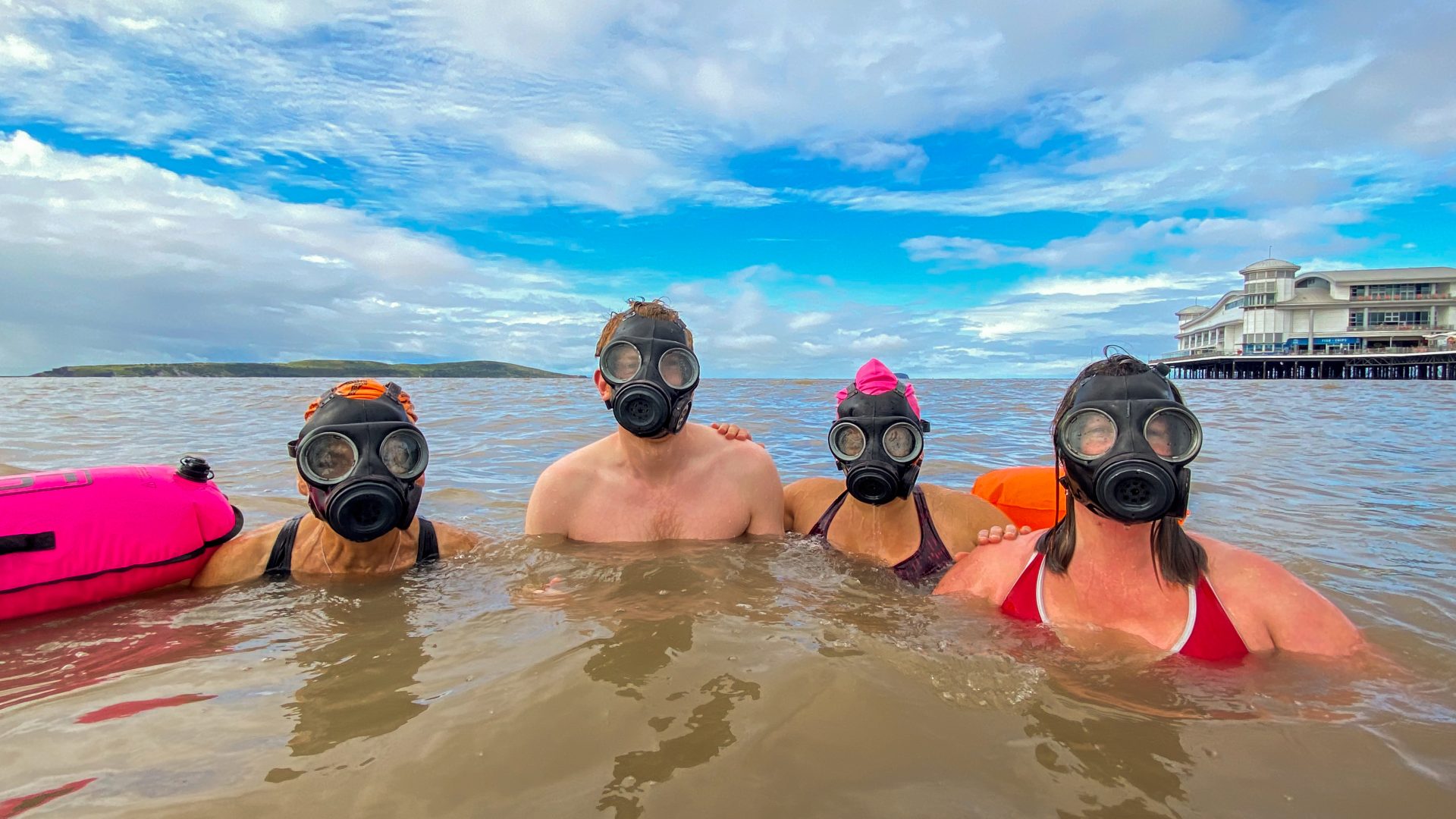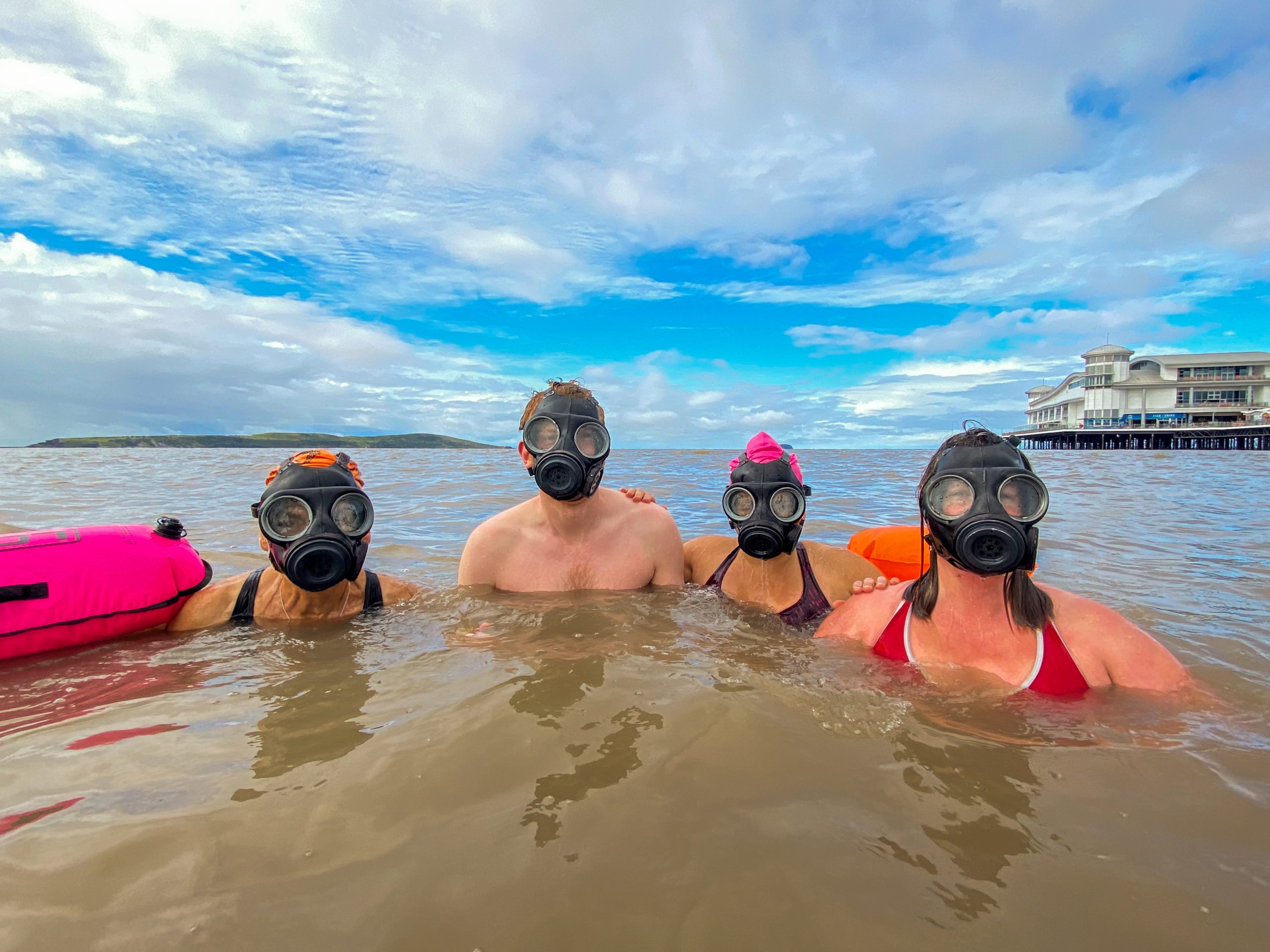
Campaign Win: One Step Closer to Cleaner Seas

Over the last year surfers, swimmers, SUP’ers, ocean activists and river-lovers from around the country joined us in the call for water companies and the government to End Sewage Pollution. We were overwhelmed with the response. 44,000 people supported our petition calling on the government to take urgent action to stop sewage pollution of our rivers and beaches, guarantee year-round water quality for all and implement stronger legislation to protect and restore the UK’s blue ecosystems. Through the Safer Seas Service thousands of people contacted their MPs directly every time untreated sewage was pumped onto beaches and into swimming spots. And through our Sewage (Inland Waters) Bill action, 7,000 people urged their MP to support progressive legislation to ensure water companies stop treating our rivers as open sewers
In November, we were proud to report that, as a result of all your campaigning, water companies would start providing real time information year-round every time they released raw sewage into bathing waters. This was a great step forward. And today we got another big step forward.
Today the government announced that they will be embedding action to tackle sewage into law with the creation of three clear legal duties:
- A duty on government to publish a plan by September 2022 to reduce sewage discharges from storm overflows;
- A duty on government to report to Parliament on progress on implementing the plan; and
- A duty on water companies to publish data on storm overflow operation on an annual basis.
These duties are really important as it means that the government and water companies will have to comply or risk breaking the law.
But…
Before we can claim victory there is still a lot that we need to know, and a lot of action that needs to be taken.
- How does the government intend to turn this commitment into law? The government have delayed and delayed the Environment Bill and the Sewage (Inland Waters) Bill. We need to ensure that the government actually deliver on their commitment and make sure these duties do actually make it through parliament.
- What’s in the plan, how ambitious is it going to be, what does ‘reduce’ actually mean? We know that in 2019 raw sewage was discharged into rivers over 200,000 times and pumped onto our favourite beaches at least 2,941 times in 2020. This week we will also see the Environment Agencies figures for sewage discharges into our rivers and coastline for the last year – we’re fearing the worst and we know that urgent action is now long overdue. To make sure that our blue spaces thrive for people and the planet we need to get to as close to zero sewage emissions as possible.
- Who will be enforcing the plan and making sure the water companies do as they say? The Environment Agency’s annual budget has been consistently cut, meaning that we have also seen the number of investigations into sewage spills fall year on year. If the government are serious about tackling sewage pollution they need to ensure that the regulators have the resources they need to make the polluter pay. Without proper enforcement a law isn’t worth the paper it’s written on.
Hugo Tagholm CEO of Surfers Against Sewage said,
‘For the first time since the 1990’s sewage pollution is back at the top of public and political consciousness. The 1990’s saw strong legislation driving significant investment to respond to the first wave of sewage pollution of our coastline and rivers, to some good effect. Surfers Against Sewage is proud to have helped expose the issue then and drive change.
However, the second wave of sewage pollution is in clear public view, yet no comprehensive action plan has been agreed. There is also less clarity on legal drivers and enforcement; strong legislation is the vital component to drive the next clean-up of our rivers and beaches.
We welcome the announcement of a plan to tackle combined sewer overflows and sewage pollution events next year. The question is by how much, and how will this be resourced, enforced and monitored? They must now manage and measure progress – and get to as close to zero sewage emissions as possible.
We are concerned at yet more delays in serious environmental action to stop the big polluters of our rivers and blue spaces. We have seen huge delays on progressive environmental legislation on plastic pollution and we fear the same might happen on water quality. The evidence is already clear – water companies treat UK rivers like open sewers whilst making huge profits. Their actions, coupled with the impacts of agriculture, are destroying the blue arteries of our country. This simply isn’t good enough in this Decade of Ecosystem restoration. Our rivers must be central to nature recovery plans.’
Today is a good day for the environment and another step taken towards safer seas for people and the planet. But we can’t take our foot of the pedal just yet.
To make sure the government deliver on their promises keep on emailing your MP to ask them to support the Sewage (Inland Waters) Bill. Whilst we might not be able to get this Bill into law this time around, the more MPs we have supporting this Bill means more and more pressure on the government to deliver on their promise to tackle sewage pollution.
